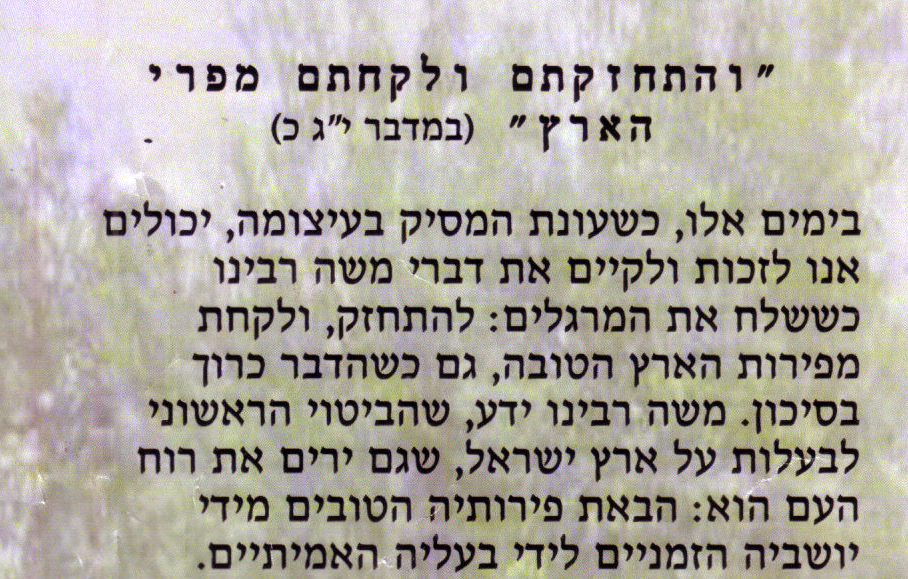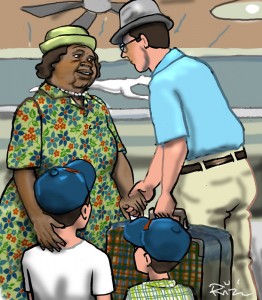My new column is up at The American Prospect:
Ismail Haniyeh, prime minister of the Hamas regime in Gaza, may be Israeli Prime Minister Benjamin Netanyahu’s favorite Palestinian leader — a true ally, a blood brother. What they share is an all-or-nothing approach to the Israeli-Palestinian conflict: either complete Palestinian rule over the land between the Mediterranean and the Jordan or complete Jewish hegemony. Neither man is a totally immovable object — roped and dragged by an irresistible political force, either might agree to less than the whole land, but only in violation of his life’s central conviction.
Haniyeh reiterated his views on Sunday at a Gaza rally, expressing “great hope of bringing an end to the Zionist project in Palestine.” Netanyahu seized that comment as a gift from an ally and quoted it the next day in his own speech to the Knesset, using it as proof that “this is not a conflict over 1967; this is a conflict over 1948, over the very existence of the state of Israel.”
Let me add several bits of context: First, in Israeli political debate, “1948” and “1967” are misused as shorthand. If the key to the conflict is the 1967 Six-Day War and Israel’s occupation of the West Bank and Gaza Strip ever since, then agreement on a two-state solution is possible. It will be based on an Israeli pullback more or less to the pre-1967 borders and creation of an independent Palestine alongside Israel.



 Sara has now published an earnest and incredibly touching memoir about that worst of all possible nightmares.
Sara has now published an earnest and incredibly touching memoir about that worst of all possible nightmares. 





